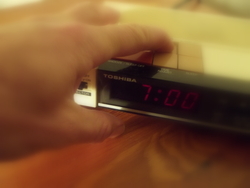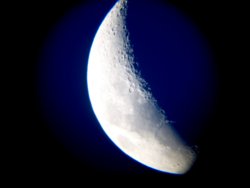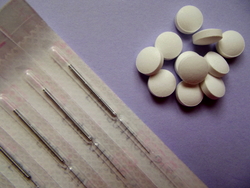 The beneficial effects of acupuncture for insomnia in relation to sleep quality and daytime social functioning, have been backed up by the results of electronically monitoring patients’ cyclical sleep patterns.
The beneficial effects of acupuncture for insomnia in relation to sleep quality and daytime social functioning, have been backed up by the results of electronically monitoring patients’ cyclical sleep patterns.
Forty-seven patients with chronic insomnia, received four courses of electroacupuncture treatment. Patients themselves reported on various aspects of the quality of their sleep, whilst polysomnogram measurements were used to objectively assess the cyclical stages of their sleep. Electroacupuncture was found to not only improve sleep quality and daytime social functioning, but also to exert a repairing effect on disrupted sleep continuity. Furthermore, it prolonged slow wave sleep time, and rapid eye movement sleep time.
(Electroacupuncture Treatment of Chronic Insomniacs. Chinese Med Journal (Engl) Dec 2009.)

 Researchers have found that acupuncture is able to assist with the problem of post-stroke insomnia, and it does so by reducing hyperactivity in the sympathetic nervous system.
Researchers have found that acupuncture is able to assist with the problem of post-stroke insomnia, and it does so by reducing hyperactivity in the sympathetic nervous system.  Researchers in Hong Kong have carried out a systematic review of twenty randomised controlled trials investigating the effects of acupuncture for insomnia. The majority of trials concluded that traditional acupuncture was significantly more effective for helping insomnia, than benzodiazepines, the mean effective rates being 91% and 75% respectively.
Researchers in Hong Kong have carried out a systematic review of twenty randomised controlled trials investigating the effects of acupuncture for insomnia. The majority of trials concluded that traditional acupuncture was significantly more effective for helping insomnia, than benzodiazepines, the mean effective rates being 91% and 75% respectively.